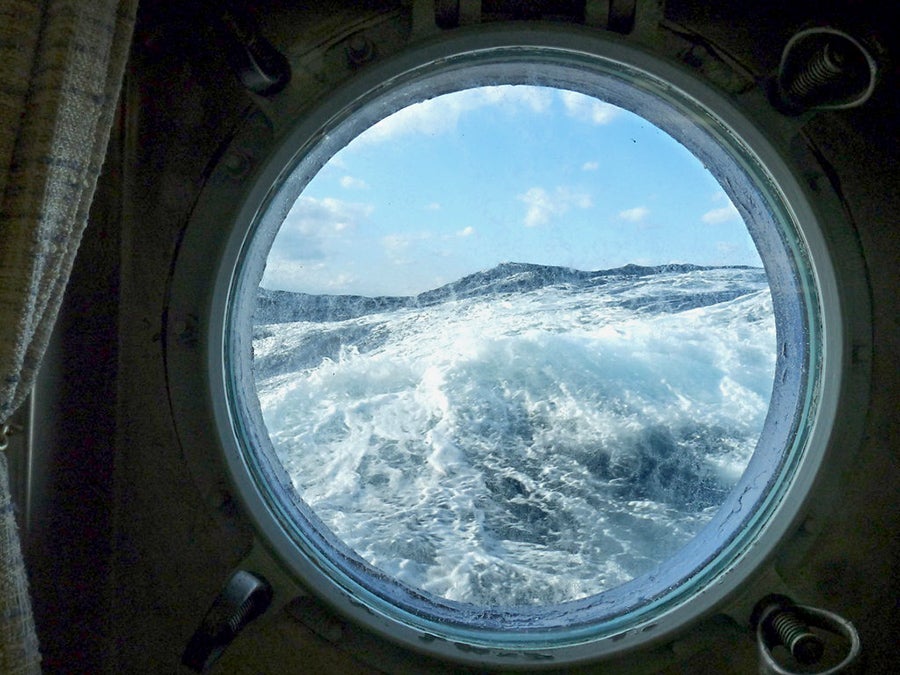The National Science Foundation’s RCRV project considered future ocean-science requirements for the U.S East Coast, West Coast, and Gulf of Mexico. What questions set the agenda for oceanographic researchers in the coming decades? In a 2015 report, the National Academies of Science published broad and fundamental questions about the nation’s coastal waters.

- What are the rates, mechanisms, impacts, and geographic variability of sea level change?
- How are the coastal and estuarine ocean and their ecosystems influenced by the global hydrologic cycle, land use, and upwelling from the deep ocean?
- How have ocean biogeochemical and physical processes contributed to today’s climate and its variability, and how will this system change over the next century?
- What is the role of biodiversity in the resilience of marine ecosystems and how will it be affected by natural and anthropogenic changes?
- How different will marine food webs be at mid-century? In the next 100 years?
- What are the processes that control the formation and evolution of ocean basins?
- How can risk be better characterized and the ability to forecast geohazards like mega-earthquakes, tsunamis, undersea landslides, and volcanic eruptions be improved?
- What is the geophysical, chemical, and biological character of the subseafloor environment and how does it affect global elemental cycles and understanding of the origin and evolution of life?
These questions help mark the boundary between what is known and what must be discovered, in 2025 and beyond. They also suggest what tools oceanographers will need to develop the answers.
